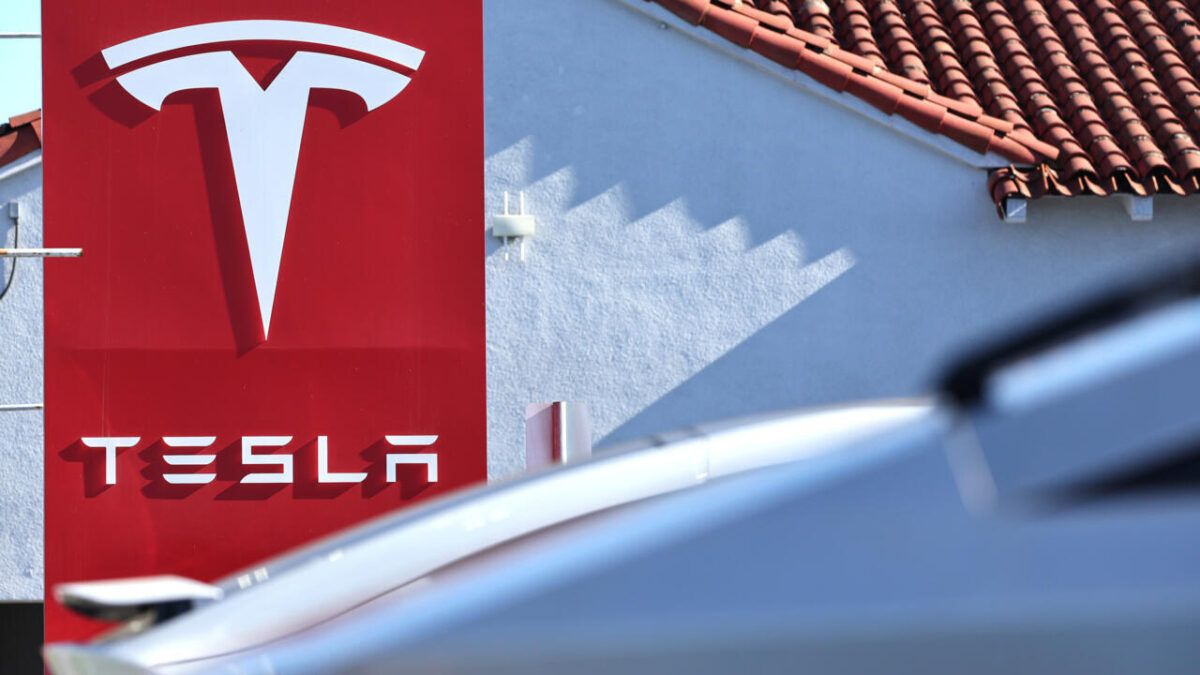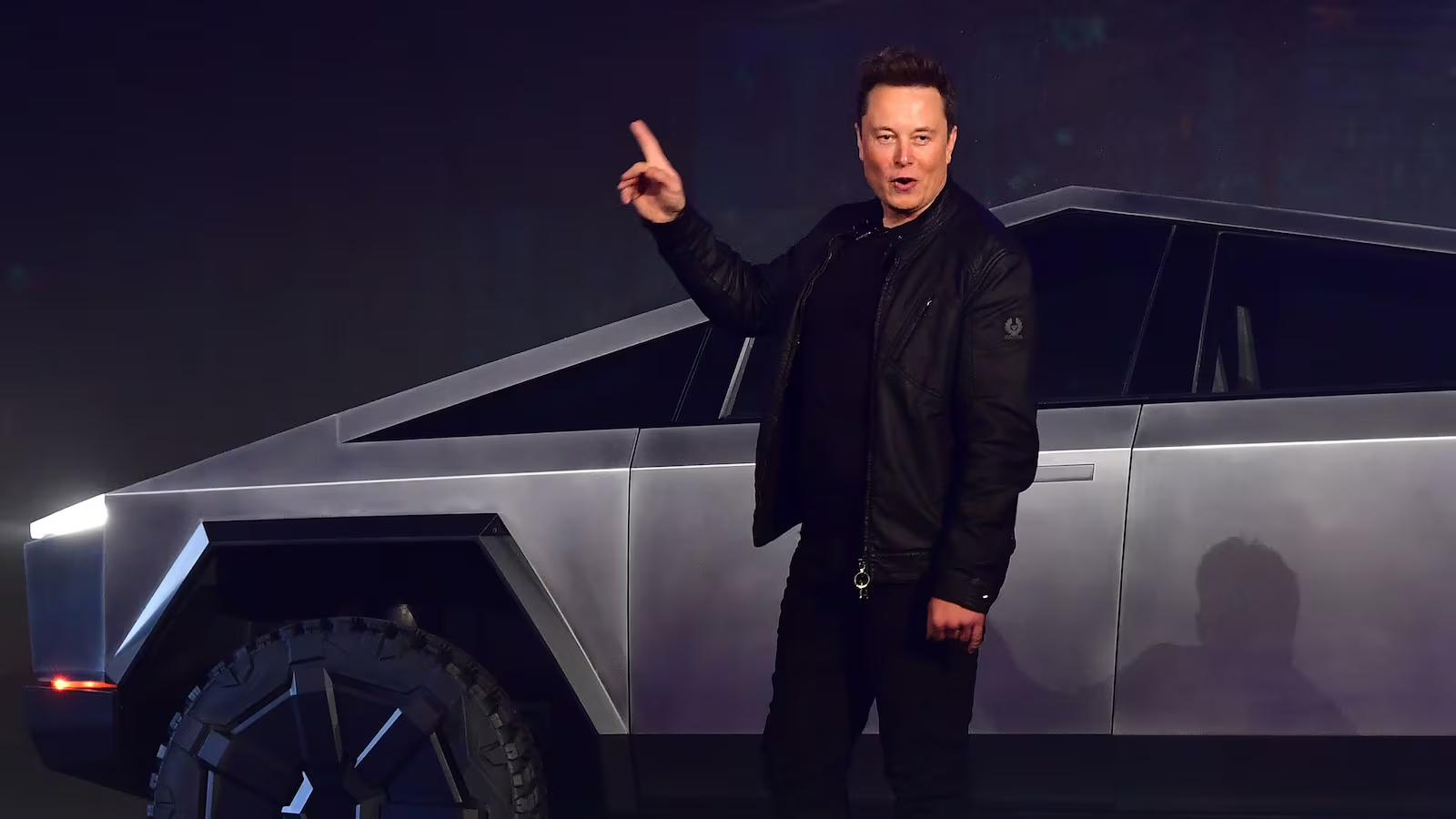Tesla’s shares saw a significant 6% increase on [date], driven by optimistic investor sentiment regarding the company’s upcoming vehicle delivery data. This surge added a substantial $45 billion to Tesla’s market capitalization, further solidifying its position as a leader in the electric vehicle (EV) industry.
Market Anticipation Drives Stock Growth
The stock market is eagerly awaiting Tesla’s official delivery figures for the [quarter/year], which are expected to be released soon. Analysts and investors are projecting robust delivery numbers, fueled by increasing demand for Tesla’s electric vehicles across global markets.
Positive Outlook for Tesla’s Growth
This recent stock surge reflects the growing confidence in Tesla’s ability to maintain its upward trajectory in the EV market. The company has been aggressively expanding its production capacity and broadening its product lineup to cater to a wider range of consumers.
Factors Contributing to Tesla’s Success
Several factors are contributing to Tesla’s ongoing success:
- Technological Innovation: Tesla is renowned for its cutting-edge technology and continuous innovation in the EV space. Its vehicles boast advanced features like Autopilot, long-range batteries, and over-the-air software updates.
- Expanding Production: Tesla has been investing heavily in expanding its manufacturing facilities globally, including its Gigafactories in the United States, China, and Germany. This increased production capacity is crucial to meeting the growing demand for its vehicles.
- Government Incentives: Government incentives and policies promoting the adoption of electric vehicles have played a significant role in boosting Tesla’s sales in various markets.
- Strong Brand Reputation: Tesla has cultivated a strong brand image synonymous with luxury, sustainability, and innovation, attracting a loyal customer base.
Challenges and Future Outlook
While Tesla’s current outlook is positive, the company faces ongoing challenges, including:
- Competition: The EV market is becoming increasingly competitive, with established automakers and new entrants vying for market share. Tesla needs to maintain its technological edge to stay ahead.
- Supply Chain Disruptions: Global supply chain disruptions, particularly in the semiconductor industry, have posed challenges for Tesla and other automakers.
- Regulatory Environment: Evolving regulations related to electric vehicles and autonomous driving could impact Tesla’s operations and product development.
Despite these challenges, Tesla remains a dominant force in the electric vehicle industry, and its recent stock surge demonstrates investor confidence in its long-term growth potential.










Add Comment